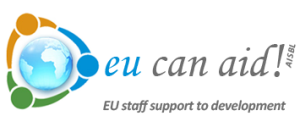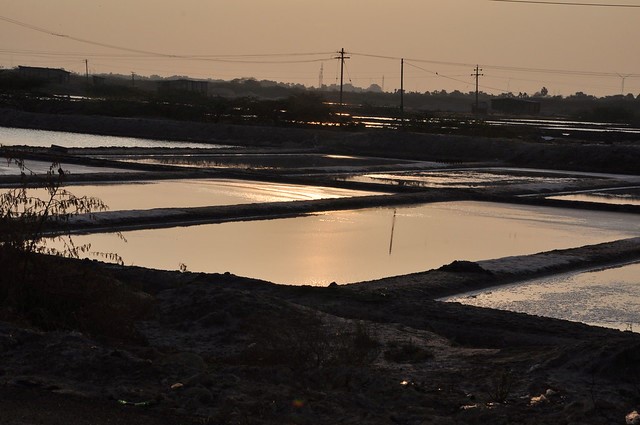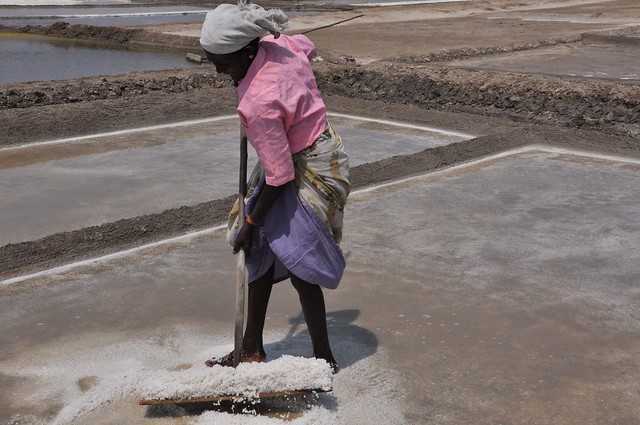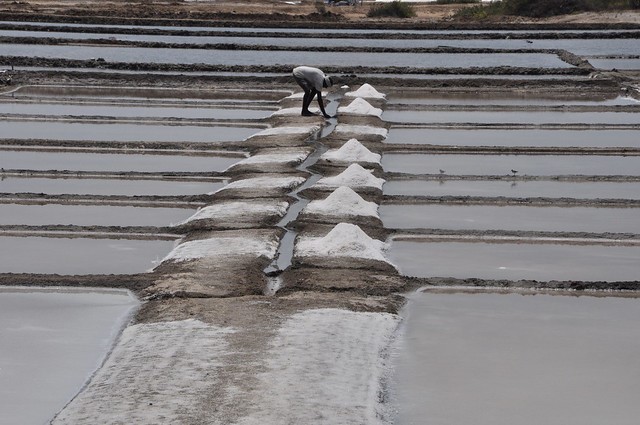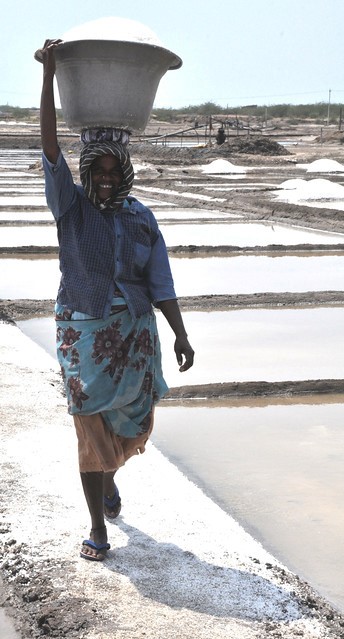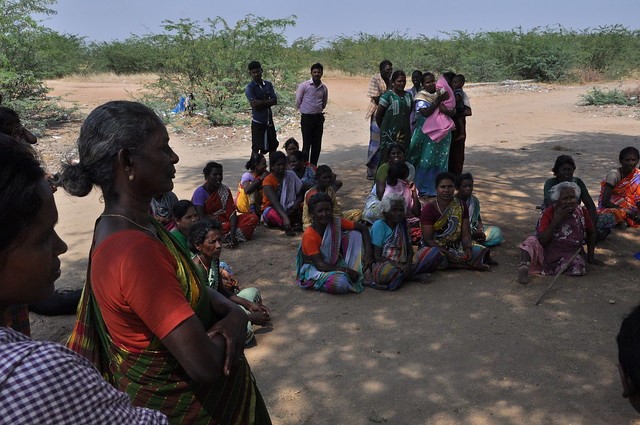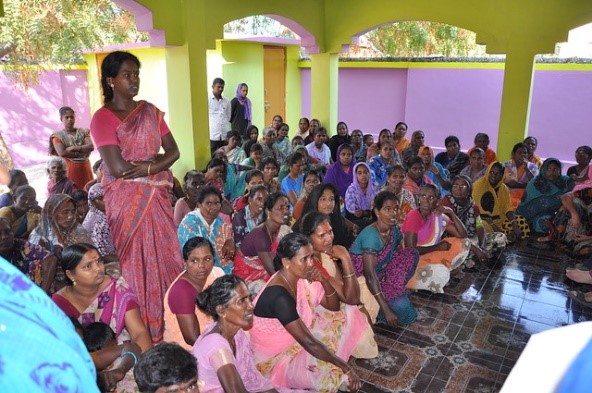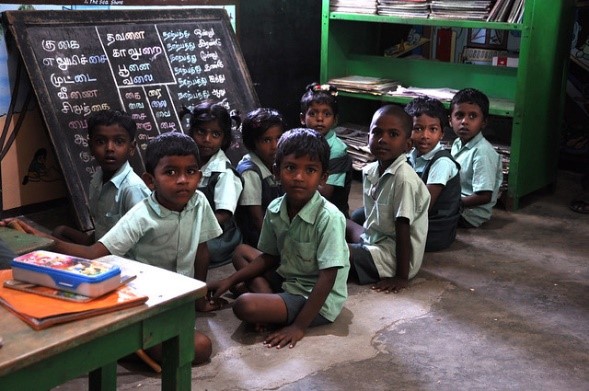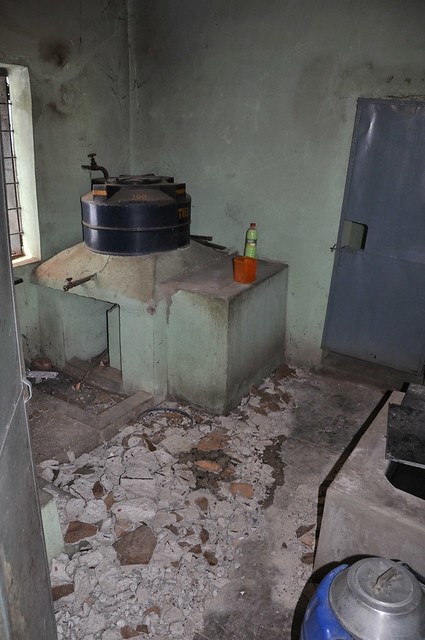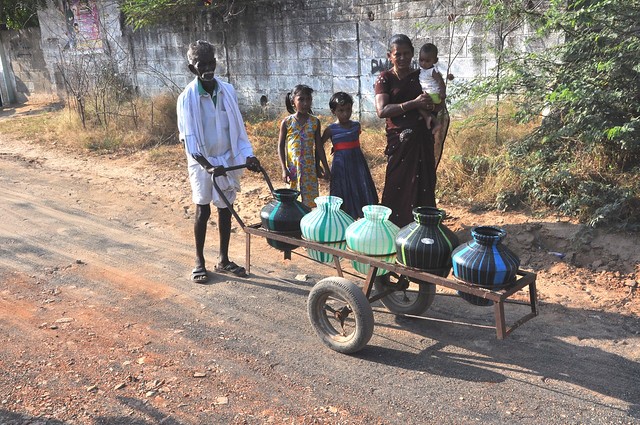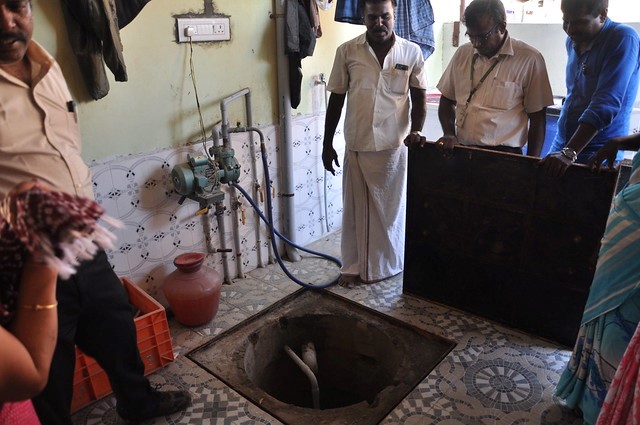Integrated intervention in the Saltpan area of South Tamil Nadu, India
Pas disponible en français
Join us in supporting this program and follow here its realisation!
eu can aid! and its partners (Stichting Castricum Helpt Muttathara, Nederland, Education World 86, France, and VZW SOS Zoutmijnkinderen-India, Belgium) have decided to support and integrated five-years project in the saltpan area of South Tamil Nadu (India).
SCAD_NIRMAN
From the three names underlined, create a link to their respective websites
eu can aid! and its partners have allocated a budget of 25.000 euros per year for the period 2020-2022, which could be extended until the end of 2024 if the results are encouraging. Six villages have been selected in order to concentrate the funding on a well targeted population, with the hope this will ensure a sustainable impact.
The project is implemented by a large Indian NGO “Social Change And Development” (SCAD NIRMAN) which has been active since 1985 in nearly 600 villages of the area.
eu can aid! and its partners believe that a long-term commitment can make a real difference for the local population and that different needs have to be addressed in an integrated way to make development sustainable.
Why do we need to support a project in this area?
The proposed project villages are located in and around Tuticorin, a port town situated in the Gulf of Mannar about 125 km north of Cape Commorin, the Southern tip of the Indian peninsula. This area is generally very dry and receives only limited rainfall during the northeast monsoon season (October–December). This makes the land unsuitable for agriculture and it is used in the dry months for the production of salt by evaporation of sea water in basins called “saltpans”. Many of the villages in the area do not have access to fresh water due to salt contamination in local water table.
Living and working conditions are poor: bad housing, lack of safe drinking water and toilet facility, dust roads, and very low wages (2 to 5 euros per day). These are not paid in the four rainy months since no production is possible, and workers have to look for agricultural work in neighbouring areas. Workers (including many women but no longer children) and their families suffer from the saline environment in which they live and work. They are prone to occupational illnesses such as blindness caused by the reflected glare of the sun off the salt crystals, skin problems and high blood pressure. Life expectancy is low, infant mortality is high, malnourishment is common among children and women, whilst alcoholism is frequent among men.
eu can aid! and its partners believe that these needs can be addressed by an integrated development project focusing on sectors such as education, health & nutrition, income generation, women empowerment, water and sanitation, the ultimate aim being improving the quality of life of saltpan workers and their families.
What is there to do?
SCAD NIRMAN proposed an integrated intervention which will address the following areas:
- Community organisation: the governance of the project will be based on bottom-up consultation mechanisms to ensure that the interventions are well tailored to the needs.Several groups will be established and receive training to fulfil their role: village committee, women self-help groups, youth and eco groups, health committee, etc.
- Education: renovation and improvement of existing kindergartens and schools, supplementary education after school for 6-18 years old and career guidance for older children.
- Health: several strands of activity will aim at improving health, such as training for village nurses, creation of a health clinic, organisation of “Health camps”, provision of safety items to salt pan workers, complementary nutritional programme, protection of the environment and water conservation via the reclamation and maintenance of traditional water bodies (“Ooranies”) in the six villages.
- Economic empowerment for women: this will be supported through the provision of business training and a micro-credit facility.
